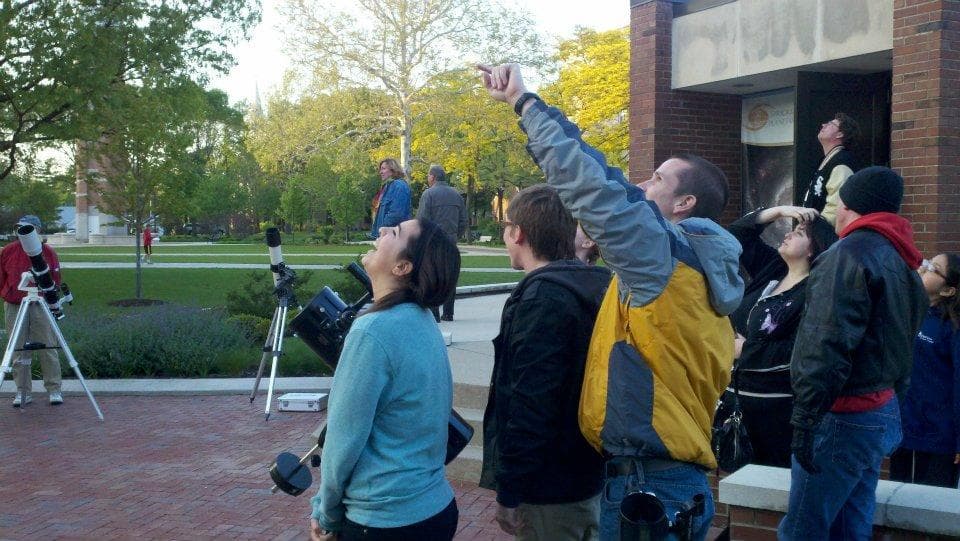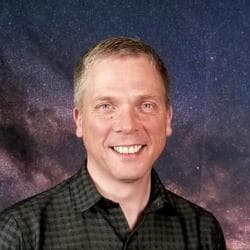
with David Fuller

Let's build a better astro community
I started writing newspaper articles about the night sky back in 2008. I wrote them for my local newspaper publisher, for free. I hoped to have a local impact on light pollution in my area. Well... free got to be too expensive for them after a year of writing them, so they stopped accepting them (probably didn't help that they fired their Features Editor). Anyway, my hopes of having a local impact faded there for a while.
Then I looked on YouTube for videos about how to align an equatorial mount for a telescope. In the millions - no, BILLIONS - of videos on YouTube at that time there were a grand total of.... three. THREE!?! On how to perform one of the most confusing functions for beginners getting started in amateur astronomy? (Do you get the sense I was taken aback by this?)
So I set about changing that, and subsequently made a video about how to align an equatorial mount. There's a few more out there now, which is good - my way of explaining things may not resonate with everyone. But then I started thinking: Why not take the "newspaper article" idea to the next logical place: YouTube! The medium is ideal for talking about the night sky, because I could use more graphics and explain things conversationally. So that's what I did.
Yeah, yeah - what's the point of all this? Well, I'm discovering just how small the astronomy community really is. There's not a lot of us out there. Oh, don't get me wrong - there are lot of people with telescopes. But even among those who count themselves as amateur astronomers, many of them are not well-versed on how to find even many of the largest / easiest targets beyond the Moon and planets. And here's the thing: Until we get more people comfortable understanding how to find things in the night sky, we are going to have a harder time convincing the larger population that light pollution is a bad thing.
So let's educate them. I hope you'll share my videos on social networking sites, as one possible way to do this. Another way is to get out there, and start talking about light pollution - or better yet, light trespass or wasted taxpayer dollars from light pollution. People get excited about things when they are emotionally-invested in them. Amateur astronomers are emotionally invested in the night sky - but the population at large isn't - and won't be - unless we either A) share it with them or B) explain why poor lighting practices should upset them.
Join me in getting the word out. Join your local astronomy club, and do outreach. It's not as hard as you think, and it's quite rewarding, actually. I'll be talking more about ways to have a larger impact on this problem in the coming weeks and months, so keep your eye on this blog.
Clear and dark skies.
